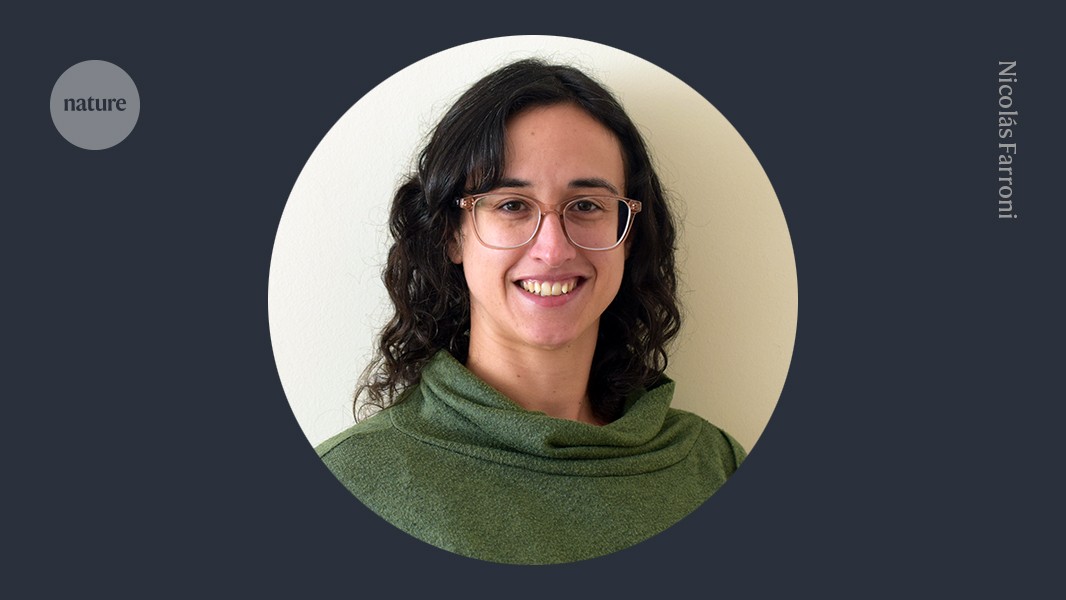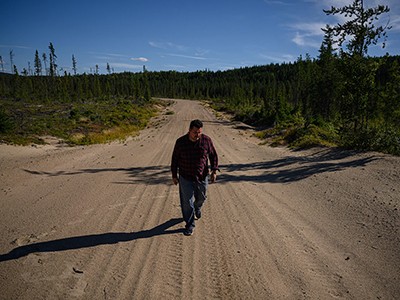Imagine academia as a racetrack. Some scientists start further ahead than others; some run on clean tracks, others face mud or obstacles. Some can afford only heavy boots, instead of trainers. Some are told that they are not trying hard enough.
Equity is more than a buzzword
These differing experiences represent the inequities that many researchers face in their careers. Scientists born and based in Latin America — and other historically colonized countries, often referred to as the global south — are familiar with many barriers, including limited funding; reading, writing and communicating their research in a language that isn’t their first; unstable economic and political landscapes; and systemic bias in favour of ideas, data, papers and people from the global north. They also face a high likelihood of encountering unequal partnerships and ‘parachute’ science — an extractive practice in which scientists from high-income countries use data from a lower-income community without involving them in the project.
Some effects of these inequities are well documented. In my field of aquatic-mammal palaeontology, my colleagues and I have found that having a large proportion of Latin American authors on a paper negatively affects the number of citations it receives (A. M. Valenzuela-Toro et al. Commun. Biol. 8, 472; 2025). But publications are key to funding, professional assessments, promotions and international networking. They can prompt invitations to conferences and consideration for awards.
As a scientist and a woman born, educated and based in Latin America, I propose some steps that editors and publishers — the gatekeepers of publications, who are often scientists from the global north and haven’t experienced some of these barriers — can take to level the playing field.
Decolonize scientific institutions, don’t just diversify them
Make it easier to submit papers. Routinely ask authors what hurdles they faced, and improve systems. Offer guidance on the editorial and peer-review processes. Should authors first pitch to editors, or submit directly? When, and how, should they respond to reviewers’ concerns or appeal a decision? Often, tips for navigating these processes are shared in networks that Latin American researchers are not part of. And lower the language barrier: Spanish and Portuguese versions of submission systems would make them easier for many scientists to use. On publication, journals should offer free copyediting to expand articles’ reach. Artificial-intelligence tools can help — but they should be embraced only with clear guidelines, extreme caution and ethical responsibility.
Partner with Latin American scientific societies. They can help journals to identify scholars to invite onto editorial boards and as reviewers. Owing to the barriers they face, highly qualified Latin American candidates might not have built an international profile through publications or conference invitations — but they can be outstanding choices. Increased Latin American representation will also encourage more submissions.
Go beyond diversity commitments: track progression (positive or otherwise). Data are key to trigger progress and to monitor it. The scientific community must see statistics. Journals must share the demographic information of editorial-board members, authors of submitted and published manuscripts and reviewers. This is not easy — the preferred route for collecting demographic statistics is through self-identification, and publishers have historically not compiled this information, so it will take time to build enough data to see trends. There is no time to waste.




